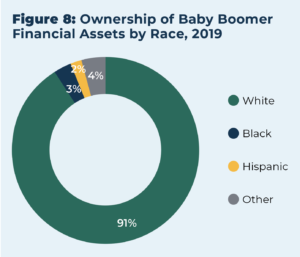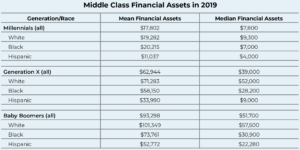
Debunking the Job-Hopping Myth: A Data-Driven Look at Tenure and Turnover Among Younger Workers
Contrary to popular belief that Millennials and Generation Z employees are constantly switching jobs, new research from the National Institute on Retirement Security finds that younger workers today show job retention patterns that closely mirror previous generations at the same stage of their careers.






